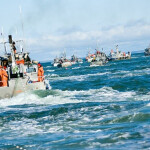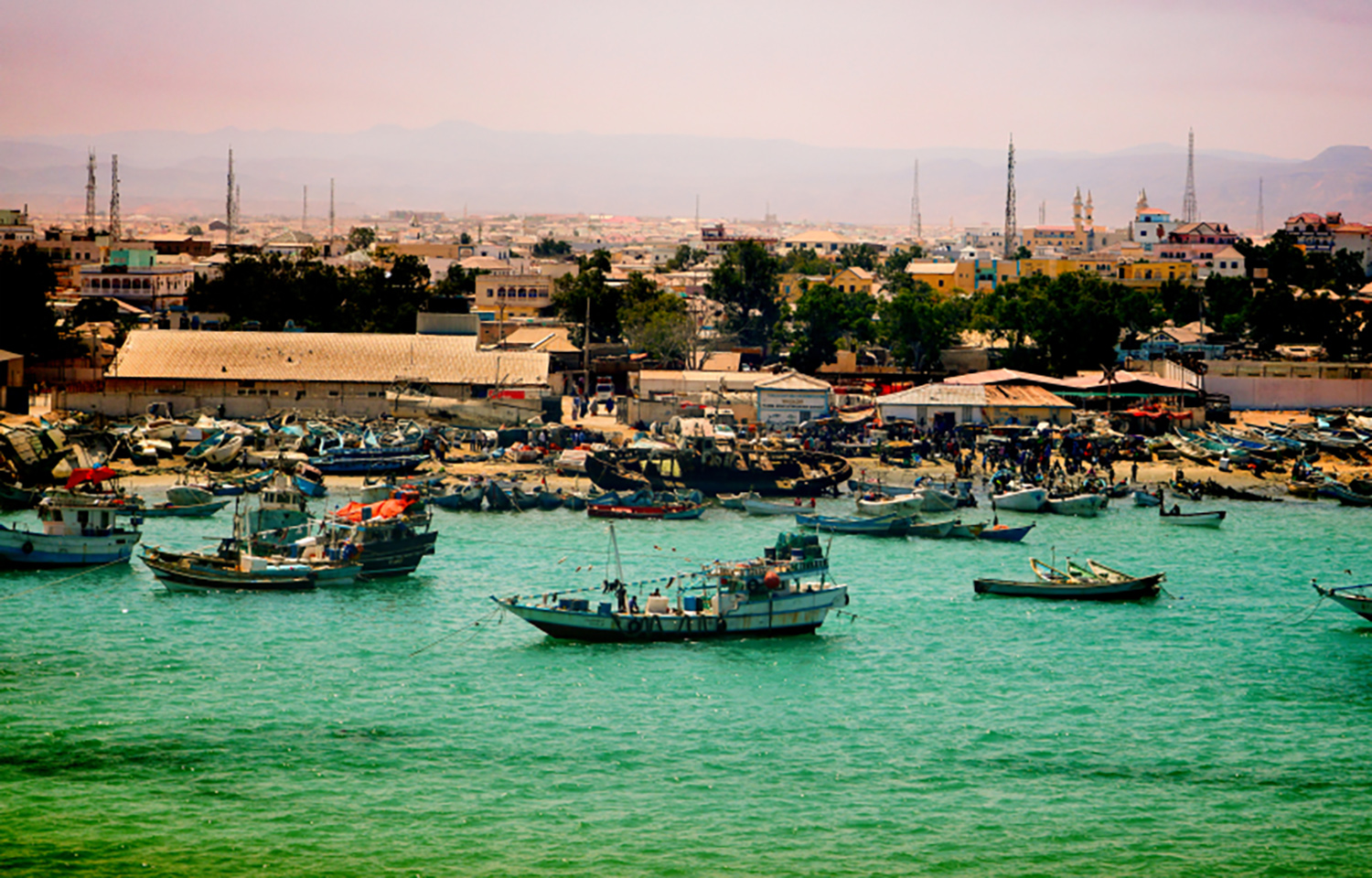Somalia has unveiled new standard operating procedures (SOPs) for licensing tuna-fishing vessels operating within the country’s nearly 1.1-million-square-kilometer exclusive economic zone, and for domestic fishing companies seeking registration, as the government seeks to align its permit-issuance process with international maritime laws and sustainable fishing practices.
This government-driven licensing and registration plan, if implemented as planned, aims to support Somalia in reducing incidents of illegal activities committed by semi-industrial and industrial vessels, boosting opportunities for the country’s artisanal fishers in the process.
“This initiative aims to promote sustainable fishing practices, enhance regulatory transparency, and support local economic development within Somalia’s maritime boundaries,” Somalia Fisheries Director General Abdi Dirshe said. “The introduction of these SOPs and guidelines marks a significant milestone in Somalia’s efforts to regulate its tuna fishing industry responsibly.”
To ensure the measures are properly enforced for domestic vessels, Dirshe said the nation’s Ministry of Fisheries and Blue Economy will “not consider an application for or issue a license, authorization, or other permission required under the fisheries law for a Somali vessel, including any local fishing vessels, unless the vessel is registered or identified as a Somali fishing vessel in accordance with applicable legislation.”
Under the registration process, fishing companies interested in getting permits to operate in Somalia would have to submit a request letter to the registration office of the Ministry of Fisheries and Blue Economy, accompanied with a detailed profile of the applying company.
The application also requires the applying company to submit its bylaws, including articles of association, names of board members, and details of the owner of the company, among other information.
Fees for the registration have been broken down into three categories. Local fishing companies, as well as domestic entities engaged in seafood import/export business, will pay USD 1,000 (EUR 902) annually. Foreign companies working in partnership with Somali counterparts will pay USD 5,000 (EUR 4,509) for registration. Wholly foreign-owned fishing firms and those that are partially owned by foreigners will pay USD 10,000 (EUR 9,018).
This is the first time that Somalia is addressing its vessel-licensing process since ...








